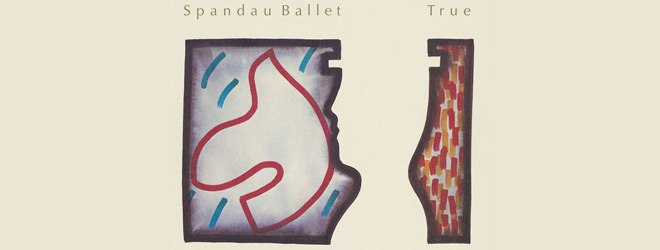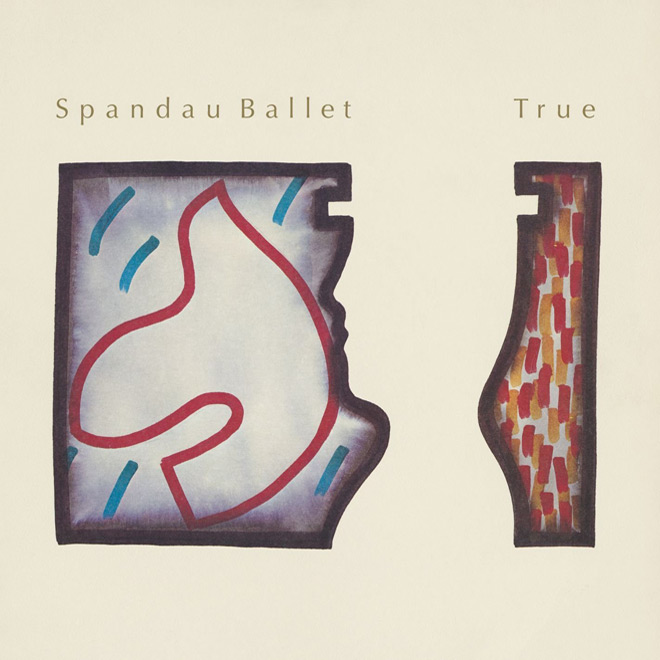Long-time fans of Spandau Ballet had surely celebrated in fashion, ’80s style with their flamboyant garbs and gravity-defying ’dos, when the English band reunited in 2009, released a new album in the same year, and embarked on a world tour afterwards. As well, the return of the so-called New Romantic quintet – Tony Hadley (lead vocals), Gary Kemp (guitars), his brother Martin (bass), Steve Norman (keyboards, horns), and John Keeble (drums, percussion) – had generated also a new surge of interest in their discography from younger music lovers. This was a heartwarming healing of wounds; after all, the grueling court battle in the 1990s of the trio of Hadley, Norman, and Keeble versus primarily Gary Kemp was well-publicized. Add to that, the brain tumors that nearly cost Martin’s life (from which he, fortunately, eventually recovered after having the bastards excised from his head for good).
However, all that was well did not end well. Sadly, in 2017 Hadley decided to quit the band for undisclosed reasons. This was certainly doubly heartbreaking, considering the fairytale history of the five members. Because of this, music enthusiasts could no longer look forward to another new album from the complete lineup, at least in the foreseeable horizon.
Instead of troubling yourself and breaking your heart all over again with the second, seemingly irreparable crumbling not only of the musical alliance between Hadley and the rest of Spandau Ballet, but also of their long friendship with each other, why not just turn back the seaside arms of time and reminisce about the good ol’ days? Right now, the best way to go about it is let the proverbial turntable needle touch the nostalgic grooves of the New Romantic band’s third album, which turned 35 a few days ago.
Released on March 4, 1983, on Chrysalis Records, True – Spandau Ballet’s third – was the English band’s breakthrough album. While its predecessors – 1981’s Journeys to Glory and the following year’s Diamond – put the name of the band on the European map, True was the one that made them internationally renowned. It spent four weeks at number 1 on the UK Singles Chart and went to number 4 on the US Billboard Hot 100.
True opened with the funky, upbeat “Pleasure,” whose sense of urgency was a throwback to the Post-Punk inclination of Spandau Ballet as heard from their previous albums. A similar energy carried on to the ensuing “Communication,” where Hadley’s vocal delivery was as playful and unconstrained as it could be, expressing the band’s immediate musical influences. Then “Code of Love” flawlessly displayed the band’s transition from the loose angularity of Funk to the smooth and soulful sway of Light Jazz as well as R&B, highlighting the significance of Norman’s instruments as a pivotal element of Spandau Ballet’s music and establishing them as one of the pioneers of what became known as Sophistipop. Consequently, this made the quintet a likely influence to similarly styled bands that emerged in the late ’80s, such as Fra Lippo Lippi (“Angel”), Johnny Hates Jazz (“Shattered Dreams”), Breathe (“How Can I Fall?”), and PM (“Moonlight Over Paris”).
The mid-album song was also the album’s highlight – the shiny, brilliant, and dancefloor favorite “Gold,” which is, hands down, Spandau Ballet’s greatest gem; a perfect concoction of all their musical influences – funky, jazzy, poppy, with Tropical vibes. New Wave at its best, it was the band’s second best-charting single in the UK and the US, which catapulted them to the world’s largest arenas. In the same party mood, the album’s first single, “Lifeline,” followed with its graceful rhythm and subtly progressive tendencies.
Next was the slick and melodramatic New Wave ballad “Heaven is a Secret,” whose intricate arrangement and instrumentation many tended to overlook because the song was not released as a single; thus it truly deserves a closer listen 35 years later. “Foundation” was another expression of Spandau Ballet’s sense of youthful ebullience and faultless camaraderie among the members, making the album the pinnacle of their glorious journey.
Finally, Spandau Ballet wrapped up the album with the title-track, “True” – the song that smooched the lips and smitten the hearts of millions of New Romantic lovers all over the world – the song that was launched by Gary Kemp’s affection for the beautiful Claire Grogan of the Scottish band Altered Images (“Don’t Talk to Me About Love”). There is really so much to be said about this track – yes, it’s true; but the detail that would be the most criminal for anyone to forget to emphasize is the classy instrumental interlude that featured the passionate soul of Norman’s saxophone.
Indeed, True was Spandau Ballet’s golden ticket to the world. It really feels nostalgic to realize that it was unleashed 35 years ago. So, while you are at it, spin the timeless record on any quiet March evening, in remembrance of the “Soul Boys of the Western World” and their musical legacy. Listen again to Marvin Gaye’s acolytes all night long.






No comment